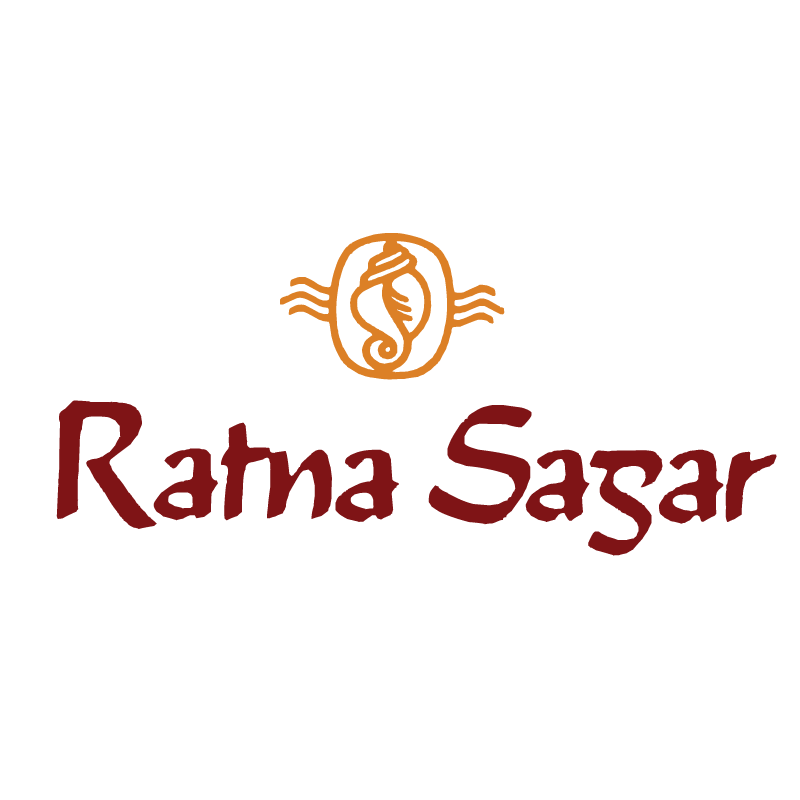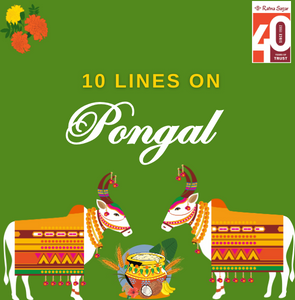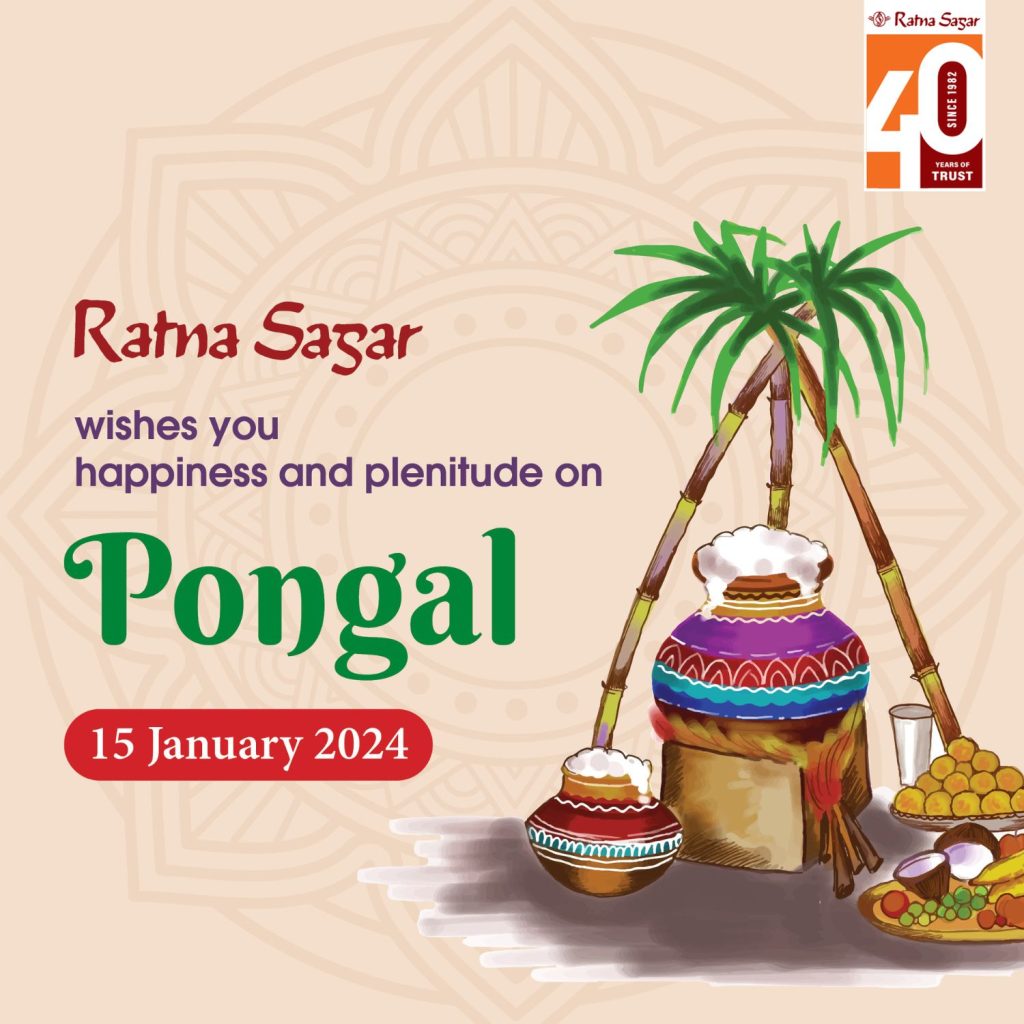Pongal is a special Hindu festival celebrated in Tamil Nadu and other parts of South India. It takes place in the month of Thai which usually falls in January according to the Tamil solar calendar. This harvest festival lasts for three or four days. People dedicate this festival to Surya, the Sun God. The festival gets its name from the special festive dish “Pongal”. It is also celebrated in Sri Lanka. Pongal is a significant and joyous occasion for many.
Today we will learn to write 10 lines on Pongal. We will also learn to write an essay on Pongal.
10 Lines on Pongal Festival
- Pongal is a Hindu harvest festival celebrated in Tamil Nadu and other parts of South India.
- It is the festival of expressing gratitude to the Sun God for a successful harvest.
- The festival lasts for a few days, with Bhogi Pongal, Surya Pongal, Mattu Pongal, and Kanum Pongal celebrations.
- It involves the tradition of Kaappu kattu which means tying leaves on house roofs.
- Homes are decorated with banana leaves, mango leaves, florals, and kolams, creating a joyful and colourful atmosphere.
- Festive celebrations also include singing traditional songs, shouting “Pongalo Pongal”.
- During the Pongal celebrations, cows are bathed, adorned with turmeric water, shikakai and kumkum. They are also decorated with painted horns and taken for processions.
- Sweets like pongal, jaggery, and fruits are fed to the cattle, and people express gratitude for their role in agriculture.
- The day includes temple visits, processions, family gatherings, drama-dance performances and community sports like Jallikattu or bullfighting.
- Family members are encouraged to come together for celebrations.
Short essay on the Pongal celebration
Pongal is a joyful Hindu harvest festival celebrated over four days. It starts with the day of Bhogi when people discard old belongings, light bonfires, clean homes and pray for rain. They also tie leaves on house roofs. This tradition is called Kaappu kattu. People share harvested fruits and treats with children. Surya Pongal is the main day of the festival dedicated to the sun god ‘Surya.’ Families wear new clothes, make a traditional dish called Pongal, and offer it to Surya and Ganesha. They sing songs, shout “Pongalo Pongal,” share festive meals and decorate their homes with banana leaves, mango leaves, florals, and kolams, creating a joyful and colourful atmosphere. Mattu Pongal, the third day, honours cattle with rituals, temple visits, processions, and sports like Jallikattu (bullfighting). The last day, Kanum Pongal, involves family reunions and social events, concluding the festive season with gratitude and joy.
Things to know about Pongal
Cuisine:
The festival revolves around the dish known as “Pongal”. It is prepared by boiling freshly harvested rice in cow milk and raw cane sugar and cooked in clay pots.
Traditional Art:
During Pongal, kolams are made in the houses. Kolam is a traditional art made using rice flour and artificial colours, creating patterns of lines and curves around dotted grids.
Modern Pongal Celebrations:
Nowadays, Pongal is seen as a “social festival’’ where temples and cultural centres organise events like fairs selling traditional crafts, pottery, sarees, and jewellery. They also host traditional sports and lively cultural performances.
Frequently Asked Questions On Pongal
What is Pongal?
Pongal is a Hindu harvest festival celebrated in South India.
What are the main days of Pongal?
The main days of Pongal are Bhogi, Surya Pongal, Mattu Pongal, and Kanum Pongal.
How do people decorate during Pongal?
During Pongal, people decorate their homes with kolam artwork, banana and mango leaves, and festive ornaments.
How do children participate in Pongal celebrations?
Children join Pongal celebrations by enjoying treats and playing traditional games.
Read More.
10 Lines on Republic Day (26 January) – Happy Republic Day of India
10 Lines On Lohri: A Festive Celebration
Short Essay and 10 Lines on Makar Sankranti
Short Essay And 10 Lines on Mahatma Gandhi


